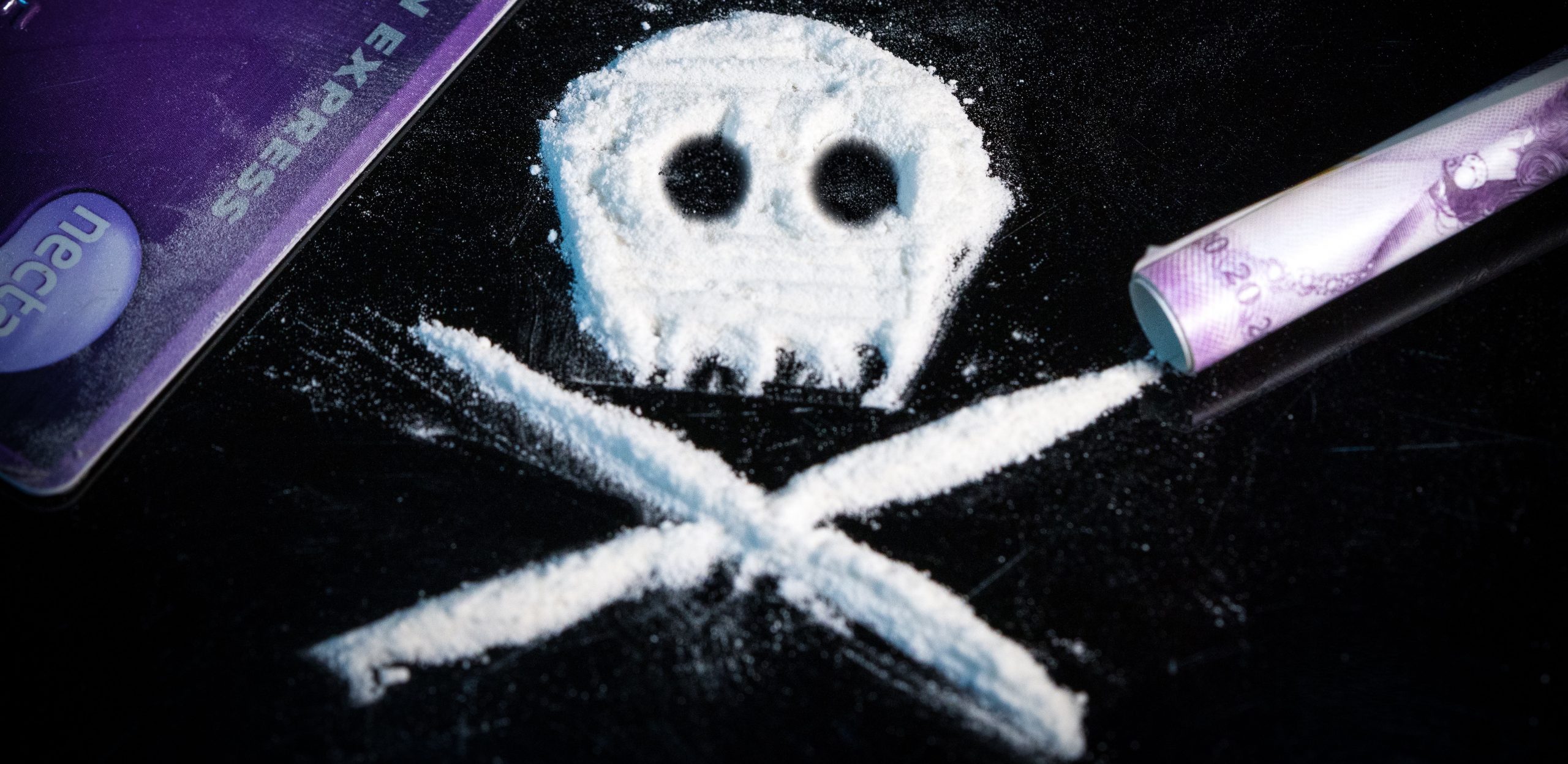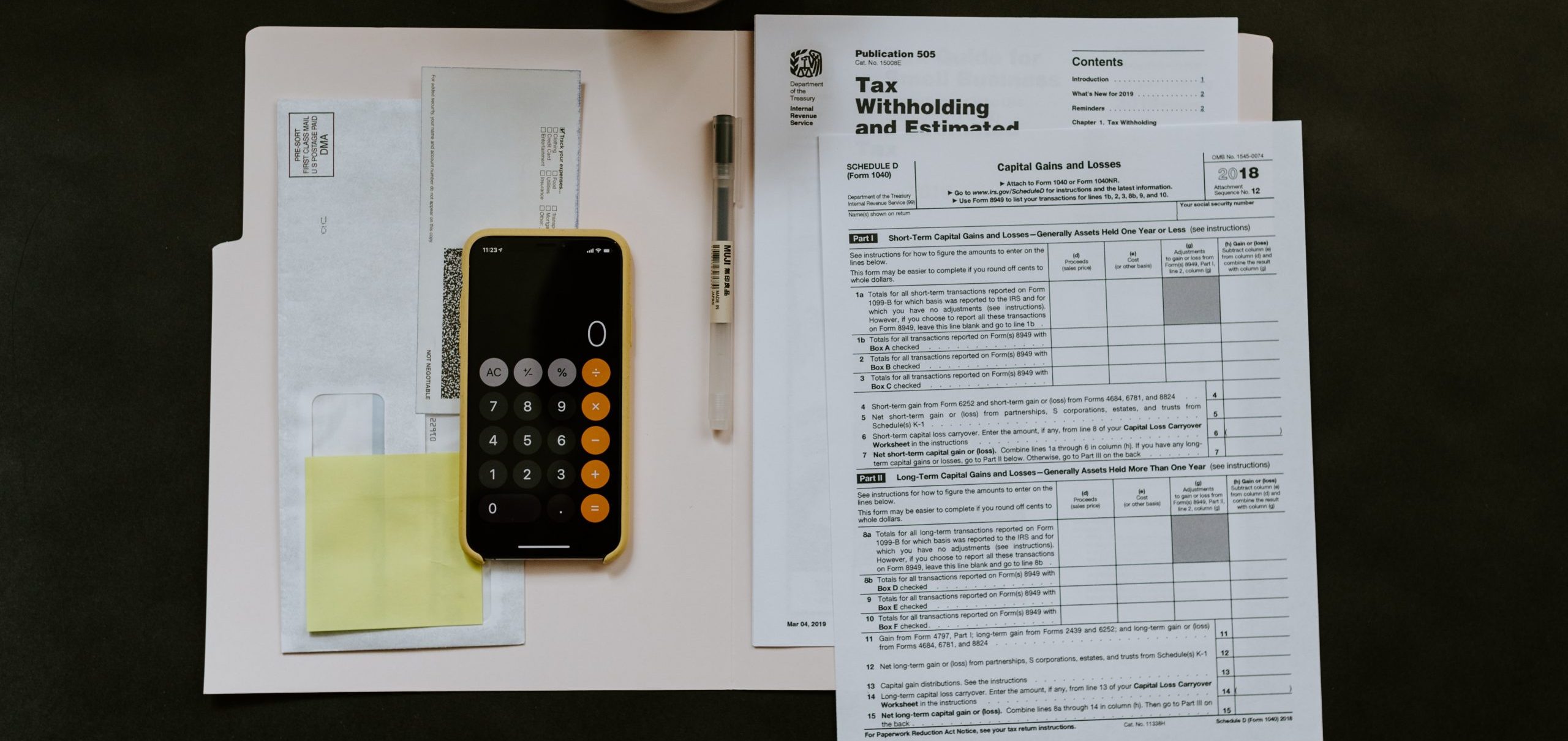Crime of illegal drug trafficking

I. Legal grounds
Article 251 Penal Code 2015, amendments and supplements in 2017
II. Laws on illegal drug trafficking
Article 252 of the 2015 Penal Code stipulates as follows:
“1. Those who illegally trade in narcotics shall be sentenced to between 02 and 07 years of imprisonment.
2. Committing the crime in one of the following circumstances, the offenders shall be sentenced to between 07 and 15 years of imprisonment:
a) Organized;
b) Committing the crime twice or more;
c) Against 02 or more people;
d) Abusing positions and powers;
dd) Taking advantage of the name of an agency or organization;
e) Using people under 16 years old to commit crimes or selling drugs to people under 16 years old;
g) Cross the border;
h) Opium resin, marijuana resin or coca extract weighing between 500 grams and under 1 kilogram;
i) Heroine, Cocaine, Methamphetamine, Amphetamine, MDMA or XLR-11 weighing between 05 grams and under 30 grams;
k) Coca leaves; thirst leaves (Catha edulis leaves); leaves, roots, stems, branches, flowers and fruits of cannabis plants or parts of other plants containing narcotic substances prescribed by the Government, weighing between 10 kilograms and under 25 kilograms;
l) Dried poppy fruit weighing between 50 kilograms and under 200 kilograms;
m) Fresh poppy fruit weighing between 10 kilograms and under 50 kilograms;
n) Other narcotic substances in solid form weighing between 20 grams and under 100 grams;
o) Other narcotic substances in liquid form with a volume from 100 milliliters to less than 250 milliliters;
p) Having 02 or more narcotic substances whose total mass or volume is equivalent to the volume or volume of the narcotic substance specified at one of the points from point h to point o of this clause;
q) Dangerous recidivism.
3. Committing the crime in one of the following circumstances, the offenders shall be sentenced to between 15 and 20 years of imprisonment:
a) Opium resin, marijuana resin or coca extract weighing between 01 kilogram and under 05 kilograms;
b) Heroine, Cocaine, Methamphetamine, Amphetamine, MDMA or XLR-11 weighing between 30 grams and under 100 grams;
c) Coca leaves; thirst leaves (Catha edulis leaves); leaves, roots, stems, branches, flowers, fruits of cannabis plants or parts of other plants containing narcotic substances prescribed by the Government, weighing between 25 kilograms and under 75 kilograms;
d) Dried poppy fruit weighing between 200 kilograms and under 600 kilograms;
dd) Fresh poppy fruit weighing between 50 kilograms and under 150 kilograms;
e) Other narcotic substances in solid form weighing between 100 grams and under 300 grams;
g) Other narcotic substances in liquid form with a volume from 250 milliliters to less than 750 milliliters;
h) There are 02 or more narcotic substances with the total mass or volume of such substances equivalent to the volume or volume of the narcotic substance specified at one of the points from a to g of this Clause.
4. Committing the crime in one of the following circumstances, the offenders shall be sentenced to 20 years’ imprisonment, life imprisonment or capital punishment:
a) Opium resin, cannabis resin or coca extract weighing 5 kilograms or more;
b) Heroine, Cocaine, Methamphetamine, Amphetamine, MDMA or XLR-11 weighing 100 grams or more;
c) Coca leaves; thirst leaves (Catha edulis leaves); leaves, roots, stems, branches, flowers, fruits of cannabis plants or parts of other plants containing narcotic substances prescribed by the Government with a mass of 75 kilograms or more;
d) Dried poppy fruit weighing 600 kilograms or more;
dd) Fresh poppy fruit weighing 150 kilograms or more;
e) Other narcotic substances in solid form weighing 300 grams or more;
g) Other narcotic substances in liquid form with a volume of 750 milliliters or more;
h) There are 02 or more narcotic substances with the total mass or volume of such substances equivalent to the volume or volume of the narcotic substance specified at one of the points from a to g of this Clause.
5. The offenders may also be subject to a fine of from VND 5,000,000 to VND 500,000,000, a ban from holding certain posts, practicing certain professions or doing certain jobs for 1 to 5 years, or having part or all of all confiscated. property set”.
III. Scientific commentary on the crime of illegal drug trafficking
1. Constituting a crime
1.1. Subject of the crime of illegal drug trafficking
Like other criminal offenses, the subject of the crime of illegal trading in narcotics is a person aged 16 years or older and has full criminal liability.
Persons from 14 to under 16 years old must also bear penal liability for the crime of illegally trading in narcotics in the cases specified in Clauses 2, 3 and 4 of Article 251 of the Penal Code, because this is the case. very serious or particularly serious crime.
1.2. Objects of the crime of illegal drug trafficking
The object of the crime of illegal drug trading is the State’s management regime on the storage, transportation and metabolism of drugs.
Because drugs are also a substance used in medicine, and in other studies, but the illegal use of drugs causes a lot of harm to the community, so the State attaches great importance to drug management.
The subjects of this crime are narcotics, common drugs are opium, marijuana, heroin, morphine and more commonly at the present time are synthetic drugs, crystal meth. , or other drugs in the form of drugs…
1.3. The objective side of the crime
– Regarding acts: Illegal trading is when the offender commits one of the following acts:
- Drug sale: Is the resale of drugs by a person that he or she obtains from images such as self-produced, purchased from others, given or picked up by others, etc. to make a profit.
- Repurchasing drugs for sale: In this case, it is necessary to clearly determine that the offender’s purpose is to buy narcotics, which is to resell them to others for profit, before being held responsible for the crime of illegal trading. drug license. Suppose A buys drugs from B to resell to C, then A will commit the crime of illegal drug trafficking.
- Transporting drugs to sell to others: This is the act of criminals not only illegally transporting drugs but also reselling the drugs they transport to others. And the purpose of illegal transportation here is to resell for a profit. That is, there are two cases, the case of transporting narcotics for sale is a crime of illegal trading in drugs, and if the act of transporting but not for sale, it will be prosecuted for another crime. according to the provisions of the penal code.
- Possession for resale or to produce another drug for illegal resale: This is the act of illegally storing a drug and then reselling that drug to another person, that is, if this person brings If they sell narcotics that they possess or have evidence to prove that the offender has the purpose of illegally selling these drugs, this person will still be prosecuted for the crime of illegally trading in narcotics.
- Using drugs in exchange for other goods or conversely using goods in exchange for drugs: In fact, drug criminals can also use drugs as a commodity to exchange for another type of property not money or vice versa. For example, A uses 3kg of drugs in exchange for a pistol of B, after just making the exchange and is arrested, both A and B are guilty of drug trafficking.
– On purpose
Making illicit profits based on drug trafficking activities.
– About the consequences
Whether the criminal conducts a successful drug trade or not is not a mandatory sign to constitute this crime, because the subject of the infringing drug trafficking crime is the state’s management of drugs. drugs, narcotics, etc., so this person only needs to act to be prosecuted for drug trafficking. In addition, the quantity of drug trafficking is also considered a consequence of this crime and is one of the factors to determine the penalty frame, the larger the quantity, the higher the fine.
1.4. The subjective side of crime
The criminal’s fault in illegal drug trading activities here is the intentional fault, and specifically the direct intentional fault. This person knows that what he is buying and selling is drugs, knows that drug trading is illegal, but still conducts drug trading to make a profit.
2. Penalties for the above crime
Article 251 of the Penal Code amended in 2017 stipulates the penalties for drug trafficking as follows:
Imprisonment from 02 to 07 years:
This is a penalty frame without framing circumstances for the case of criminals having acts of illegally trading in narcotics. The specific penalty level in this penalty frame will be decided based on the facts of the case and taking into account the extenuating or aggravating circumstances of the individual offender.
Imprisonment from 07 years to 15 years for the following cases:
- Organized crime: This is the case where the offender has 02 or more people and has a division of work or a specific plan for the commission of the crime. In case the criminal has planned and assigned specific jobs but the trading and exchange activities have not been carried out successfully, this is still considered a crime of organized drug trafficking at the stage of preparation to commit the crime. crime or committing an unsatisfactory crime.
- Committing the crime twice, or against two or more people: Committing the crime twice is the case where the offender has had a previous act of drug trafficking, each time committing the crime has all elements constituting the crime but still commits the crime. has never been criminally prosecuted. In case two or more people come together to buy drugs and there are two or more people who trade, pay and the seller delivers drugs to both of them, this is considered a crime against 2 or more people. .
- Abuse of position and power: This is when a criminal is a person with a position and power, and takes advantage of his own position and authority to carry out drug trading activities. For example, Mr. Tran Van H is an officer in the anti-drug force at the border, but Mr. H has colluded with a group of criminals to buy and sell drugs, using a special vehicle of the military force to transporting drugs to other provinces for consumption. So, Mr. H’s behavior is abusing his position. powers to commit drug trafficking crimes.
- Abusing the name of an agency or organization: Offenders can take advantage of the name of an agency or organization of which they are a member or not a member to commit criminal acts. In fact, offenders often take advantage of the name of the organization where they are working, and are often people with positions and powers in that organization.
- Selling drugs to people under 16 years old, or using people under 16 years old to commit crimes: Because people under 16 are protected by the law, selling drugs to this person, or taking advantage of This object is in order to make the transaction easier and the criminal also easily conceals his crime.
- Cross-border drug trafficking: This is the sale of drugs by criminals from one country to another in any form. Whether or not to cross the border depends on the subjective consciousness of the offender, although this person did not initially intend to trade drugs across the border, but due to objective factors, he brought drugs out of the country. Outside of Vietnam’s territory for exchange, it is still determined that there are signs of cross-border drug trafficking, and vice versa, there is an intention to bring drugs across the border for exchange but cannot do so. crossing the border cannot be considered as having this element.
- There are signs of dangerous recidivism: That is, this person has been convicted of drug trafficking with a penalty of between 07 and 15 years, or from over 15 years to 20 years in prison or life imprisonment. or the death penalty and the criminal record has not been expunged for crimes committed previously.
- Illegally trading in drugs and narcotics with the following weight or volume:
- Trading in cocaine, heroin, amphetamine, methamphetamine, MDMA or XLR-11 with the weight from five grams (05 g) to less than thirty grams (30 g);
- Buying and selling all kinds of coca, cannabis resin and opium poppy weighing from five hundred grams (500 g) to less than one kilogram (1 kg).
- Buying and selling coca leaves; thirst leaves (Catha edulis leaves); leaves, branches, stems, roots, flowers, fruits of cannabis plants or other plants containing narcotic substances prescribed by the Government with a weight of between ten kilograms (10 kilograms) and under twenty-five kilograms (25 kilograms).
- Buy and sell dried poppy berries, or fresh. For dried poppy fruit, the weight must be from fifty kilograms (50 kilograms) to less than two hundred kilograms (200 kilograms); for fresh poppy fruit, the volume of trading must be from ten kilograms (10 kilograms) to less than fifty kilograms (50 kilograms).
- Buying and selling other drugs in solid or liquid form. For drugs in solid form: weighing from twenty grams (20 g) to less than one hundred grams (100 g). For other narcotic substances in liquid form, the volume is from one hundred milliliters (100 ml) to less than two hundred and fifty milliliters (250 ml).
In case there are two or more narcotic substances, it will be considered whether the total volume or volume of those substances is equivalent to the level specified above or not.
A prison term of between 15 and 20 years shall be imposed on violators of one of the following cases of illegal trading in narcotic substances and addictive substances:
- Addictive substances such as cocaine, heroin, amphetamine, methamphetamine, MDMA or XLR-11 weigh from thirty grams (30 g) to less than one hundred grams (100 g).
- Plant parts such as coca leaves, thirst leaves (also known as Catha edulis leaves), leaves, twigs, stems, roots, stems, flowers, fruits, or parts of the cannabis plant containing other narcotic substances weighing between twenty-five kilograms (25 kilograms) and under seventy-five kilograms (75 kilograms).
- Cannabis, opium poppy and coca plant resins weighing from one kilogram (01 kg) to less than five kilograms (05 kg)
- Poppies dried, or fresh. For dried poppy fruit, the weight must be from two hundred kilograms (200 kilograms) to under six hundred kilograms (600 kilograms); for fresh poppy fruit, the volume of trade must be from fifty kilograms (50 kilograms) to less than one hundred and fifty kilograms (150 kilograms).
- Buying and selling other drugs in solid or liquid form. For drugs in solid form: weighing from one hundred grams (100 g) to less than three hundred grams (300 g). For other narcotic substances in liquid form, the volume is from two hundred and fifty milliliters (250 ml) to less than seven hundred and fifty milliliters (750 ml).
Imprisonment of 20 years, life imprisonment, or death shall be imposed on violators in one of the cases of illegal trading of narcotics and narcotic substances with the degree as follows:
- Addictive substances such as cocaine, heroine, amphetamine, methamphetamine, MDMA or XLR-11 with a weight of one hundred grams (100 g) or more.
- Plant parts such as coca leaves, thirst leaves (also known as Catha edulis leaves), leaves, twigs, stems, roots, stems, flowers, fruits, or parts of the cannabis plant containing other narcotic substances weighing seventy-five kilograms (75 kilograms) or more.
- Cannabis, poppy, and coca plant resins weigh five kilograms (05 kilograms) or more.
- Poppies dried, or fresh. For dried poppy fruit, the weight must be six hundred kilograms (600 kilograms) or more; with fresh poppy fruit, the volume of trade must be one hundred and fifty kilograms (150 kg) or more.
- With other drugs in solid or liquid form. For drugs in solid form: with a weight of three hundred grams (300 g) or more. For other narcotic substances in liquid form, the volume is from seven hundred and fifty milliliters (750 ml) or more.
Note: For cases where there are two or more types of drugs, the judgment enforcement agency will synthesize the weight or volume of these two drugs, thereby giving an equivalent penalty frame.
In addition, offenders of drug trafficking may also be fined with a fine of between five million dong (5,000,000 dong) and five hundred million dong (500,000,000 dong), subject to additional penalties such as: be subject to a confiscation of property, a ban from practicing certain professions, a ban from holding certain posts, or a ban from doing certain jobs for a period of one to five years.
Above is the advice of Khoa Tin on “Crime of illegal drug trafficking”
In case customers have unclear issues or need to discuss further, please call us immediately at 0983.533.005 for a free consultation.
Best regards./.
Latest news










